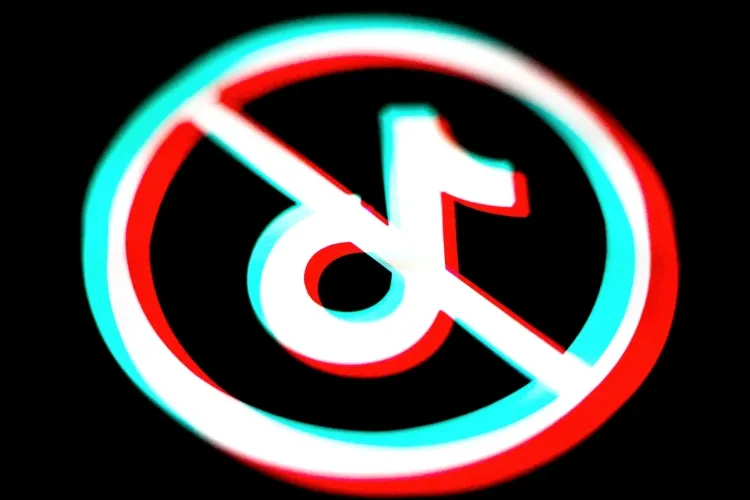The Ban on TikTok in India: Reasons and Implications...!!!
The ban on TikTok in India was driven by a combination of national security concerns, data privacy issues, geopolitical tensions, and the spread of harmful content.

Why Was TikTok Banned in India?
TikTok, a widely popular short-video sharing app developed by ByteDance, was banned in India on June 29, 2020, along with 58 other Chinese applications. The Indian government implemented the ban due to concerns about national security and data privacy. This decision emerged within the broader context of geopolitical tensions between India and China, alongside rising worries over user data security and misinformation.
National Security Concerns
A primary reason for the ban was national security. The Indian government raised concerns that these apps, including TikTok, could potentially collect and transmit user data to servers located outside India, threatening the country's sovereignty and security. The government stated that the apps were "prejudicial to sovereignty and integrity of India, defense of India, security of state and public order."
Data Privacy Issues
Data privacy was another crucial factor behind the ban. TikTok, like many other social media platforms, collects vast amounts of user data, including personal information, location data, and browsing history. There were concerns that this data could be misused or accessed by foreign entities, including the Chinese government. The Indian government emphasized the need to protect its citizens' data privacy and security.
Geopolitical Tensions
The ban on TikTok and other Chinese apps must be viewed in the context of ongoing geopolitical tensions between India and China. The two countries have been involved in a border dispute in the Ladakh region, which escalated in June 2020, leading to clashes between Indian and Chinese troops. The ban was seen as a response to these tensions, with the Indian government taking a strong stance against Chinese technology companies.

Misinformation and Harmful Content
Another reason for the ban was the spread of misinformation and harmful content. TikTok has faced criticism for hosting content that promotes violence, hate speech, and misinformation. The Indian government expressed concerns that such content could negatively impact public order and social harmony. The ban aimed to curb the spread of harmful content and protect users from exposure to inappropriate material.
Regulatory Compliance
The Indian government also highlighted issues related to regulatory compliance. TikTok and other banned apps were accused of not adhering to Indian laws and regulations, including those related to data protection and content moderation. The ban was viewed as a way to enforce compliance and ensure that foreign apps operating in India follow local laws and regulations.
Public Support for the Ban
The ban on TikTok received widespread support from the Indian public and various political leaders. Many users and activists welcomed the decision, citing concerns over data privacy and national security. The ban was perceived as a step towards protecting the interests of Indian users and safeguarding the country's digital infrastructure.
Impact on Users and Creators
The ban on TikTok had a significant impact on its users and content creators in India. Many users who relied on the platform for entertainment, social interaction, and income were left without an alternative. Content creators who had built a following and monetized their content on TikTok faced challenges in transitioning to other platforms. The ban highlighted the need for robust data protection laws and regulations to ensure the safety and privacy of users in the digital age.

The ban on TikTok in India was driven by a combination of national security concerns, data privacy issues, geopolitical tensions, and the spread of harmful content. The decision was part of a broader effort to protect the interests of Indian users and safeguard the country's digital infrastructure. While the ban had a significant impact on users and content creators, it underscored the importance of data protection and regulatory compliance in the digital age.
What's Your Reaction?














